Interested in a Solar PV system? Get a quote from us below.
Solar PV panels are a great way to generate your own renewable energy. As well as saving money on your electricity bills and reducing your carbon footprint, solar PV provides a good long term return on investment. Whether you’re interested in solar PV for your home, business or community, all you need is some un-shaded roof space with a southerly aspect.

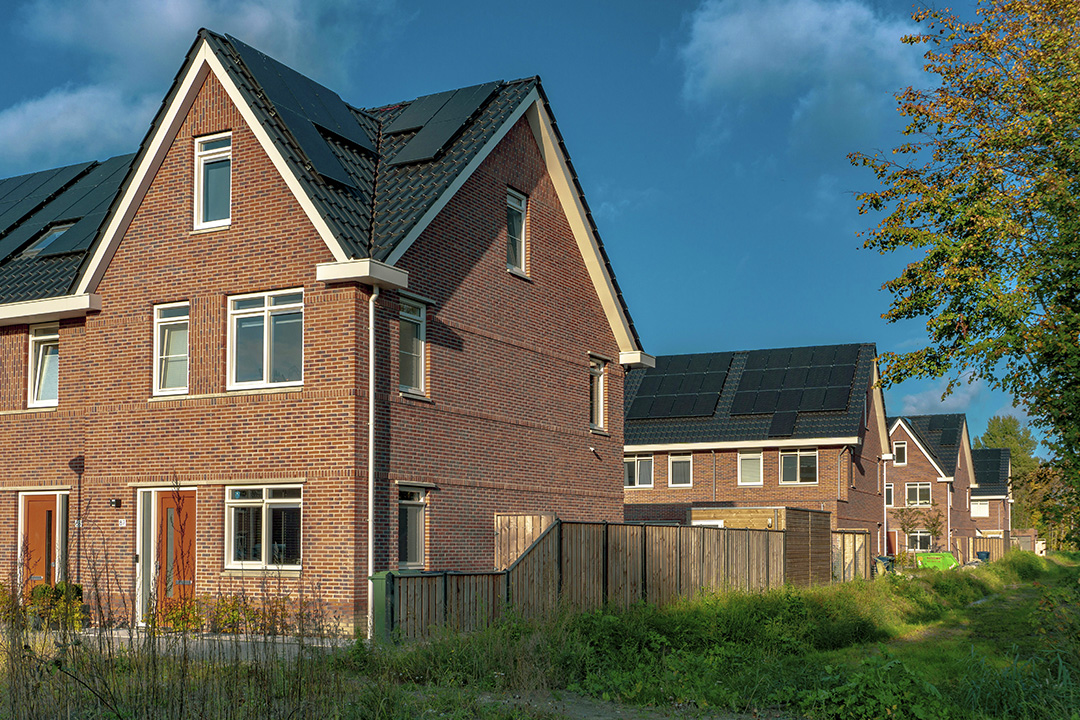
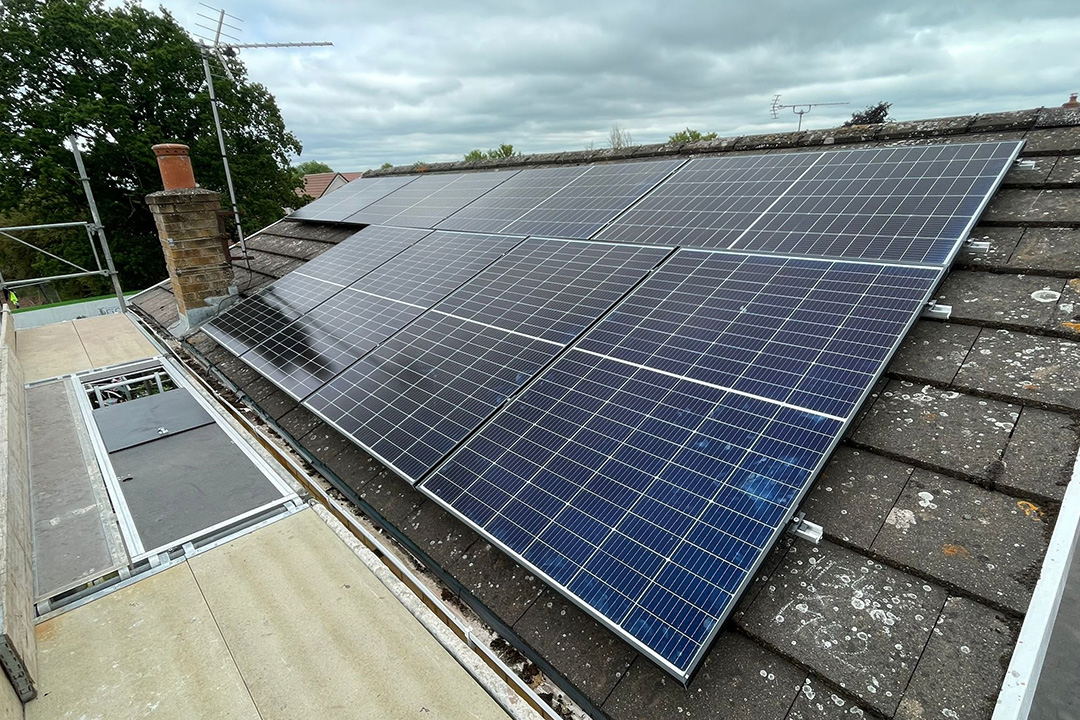
For domestic users, solar energy is one of the fastest growing renewable technologies in the world and there are now close to a million solar PV systems on houses around the country. A typical domestic system will likely include 10-14 solar panels that connect directly to your home’s electricity system, so the power they produce can be used for day to day activities such as washing, cleaning, cooking and entertainment. If there is a surplus, this can be sent to the national grid, helping to power other homes as well.
Many solar systems are now also installed with a battery. This means that surplus power can be stored and used later. Solar panels can be installed on a flat or sloping roof. Many systems are installed facing south, although recent improvements in technology mean that solar systems now generate significant power when installed facing in any direction.
Residential solar PV systems in the UK must be accredited by the Microgeneration Certification Scheme (MCS). MCS creates and maintains standards for the certification of products and installations used to produce electricity and heat from renewable sources, including solar power. New Dawn Energy are an MCS-accredited company, ensuring you receive a high-quality home solar PV system.
For businesses, a commercial scale renewable system is one of the most recognisable ways to enhance your company’s green credentials as well as reducing your electricity bills. As with solar on homes, the business can then use the power produced onsite in its operations. Because energy can be one of the biggest expenses for an organisation, solar can be a great way to keep costs down.
There is already around two gigawatts of commercial and industrial rooftop solar system capacity installed in the UK, with many more companies considering solar projects in order to bring their energy costs down and reduce their carbon footprint. The size of a commercial rooftop solar system can range from 20 kilowatts – which could be suitable for a small business – to several megawatts. A system of this size may include thousands of panels, and can help produce enough power for businesses which need a lot of electricity. This could be, for example, a warehouse used to keep fresh produce cool.
Solar PV systems significantly reduce your electricity bills by generating free, renewable energy from sunlight, decreasing your reliance on costly grid electricity.
By switching to solar power, you lower your carbon footprint, as solar energy is a clean, green source of electricity that reduces greenhouse gas emissions.
Solar PV gives you greater control over your energy usage, enabling you to produce your own power and become less dependent on fluctuating utility rates.
Solar PV systems are extremely reliable but like most technologies, from time to time they may incur a fault or problem. New Dawn Energy offer our customers a variety of one-off or regular services to ensure they continue to reap the benefits for years to come.
Solar panels that are regularly cleaned perform 10-30% better on average. We want to ensure your system performs at its optimal level. Like any asset, it needs regular servicing to maximise it’s financial and environmental return.
Planning permission is not normally needed if you are planning a roof mounted system up to 1MW in size unless your property is a listed building, located in an Area of Outstanding Natural Beauty (AONB), a conservation zone or a national park. Further information surrounding planning permission requirements for solar installations can be found on the Planning Portal.
The intensity of the midday sun in Britain is about 60% of its value at the equator. Even in the winter, solar hot water systems will contribute to your hot water requirements, thus saving you money off your bills, and the boiler will ‘top up’ the rest. This is similar with solar PV systems; although PV cells have a higher output in direct sunlight, they also work on cloudy days.
Solar equipment generally comes with substantial warranties. For instance, many solar PV panels come with a guarantee of at least 80% efficiency after 25 years. Solar technology has been in use for decades and thus has been thoroughly tried and tested. Similarly, ground source heat pump systems have been widely used in North America and continental Europe for many years.
Solar systems are very reliable and low maintenance. Don’t take our word for it – the Energy Saving Trust states that they ‘require little maintenance’. You will need to ensure that nearby trees do not begin to overshadow the solar panels. PV systems have no mechanical moving parts so minimising potential faults. PV modules often carry a 25 year power output warranty; after this time the system would be expected to continue to function, but power output may be reduced. Heat pump systems are designed to operate for at least 20 years.
Any obstruction between the sun and a panel will cut down on its efficiency, so a very dirty panel would generate less power than a clean one. In agricultural areas we suggest having your panels cleaned every couple of years or so.
System size is dependent on a number of factors:
Capacity is the amount of energy in kWh that a battery can store. Batteries should never be drained completely. However, some are misleading and sold under the heading ‘total capacity’. Useable capacity is the specification that you need to know. For example a Tesla Powerwall advertised at 14kWh actually has 13.5kWh useable capacity.
A cycle is one complete discharge and one complete charge. In reality, the battery will not work in this way. A battery might only discharge 40% and then recharge 40% given the average demands on the system. This would be 2/5th of a cycle. Often battery manufacturers will warrant the battery for the number of cycles and therefore it is important to work out how many kWh your battery will delivery over it’s warrantied lifetime based on your average cycle.
An average kettle will need 2000 watts to boil water for a cup of tea. If your battery system only delivers 800w then it won’t be very effective. Likewise, if you are generating 5kW from your Solar PV array, but the battery can only take on 3kW then 2kW will be heading to the grid, wasting precious free energy for the site. Therefore, it is essential to check the power output of the battery system and the onsite requirements.
Perhaps the most important question is to ask what your likely future requirements might be. For example, are you planning to have EV charging? A larger capacity system can keep the house or business premises running and charge EV vehicles overnight. Grid trading is also an exciting option. Larger battery systems will mean more charging at lower rates and more to sell back to the grid at peak rates.
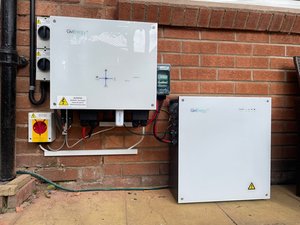
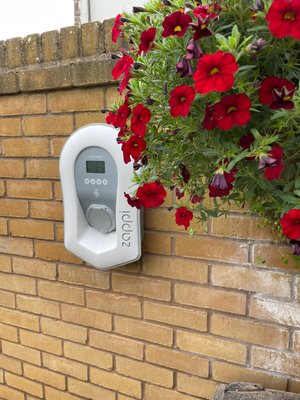
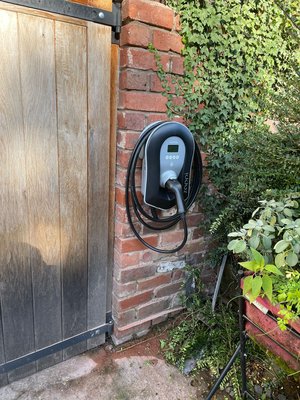
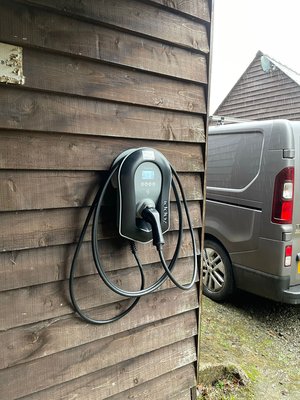
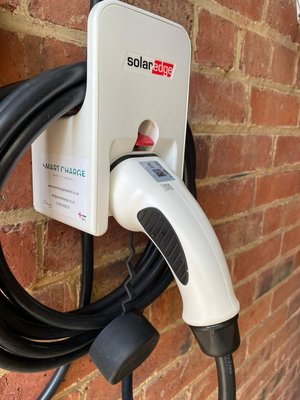

We specialise in a range of renewable energy solutions, all types of domestic and commercial installations, plus electric vehicle charging.
Unit 12C
Burlton Business Park
Burghill
Hereford
HR4 7SJ
© 2024 New Dawn Energy | All Rights Reserved | Privacy Policy | Cookie Policy | Website designed by The DM Lab
